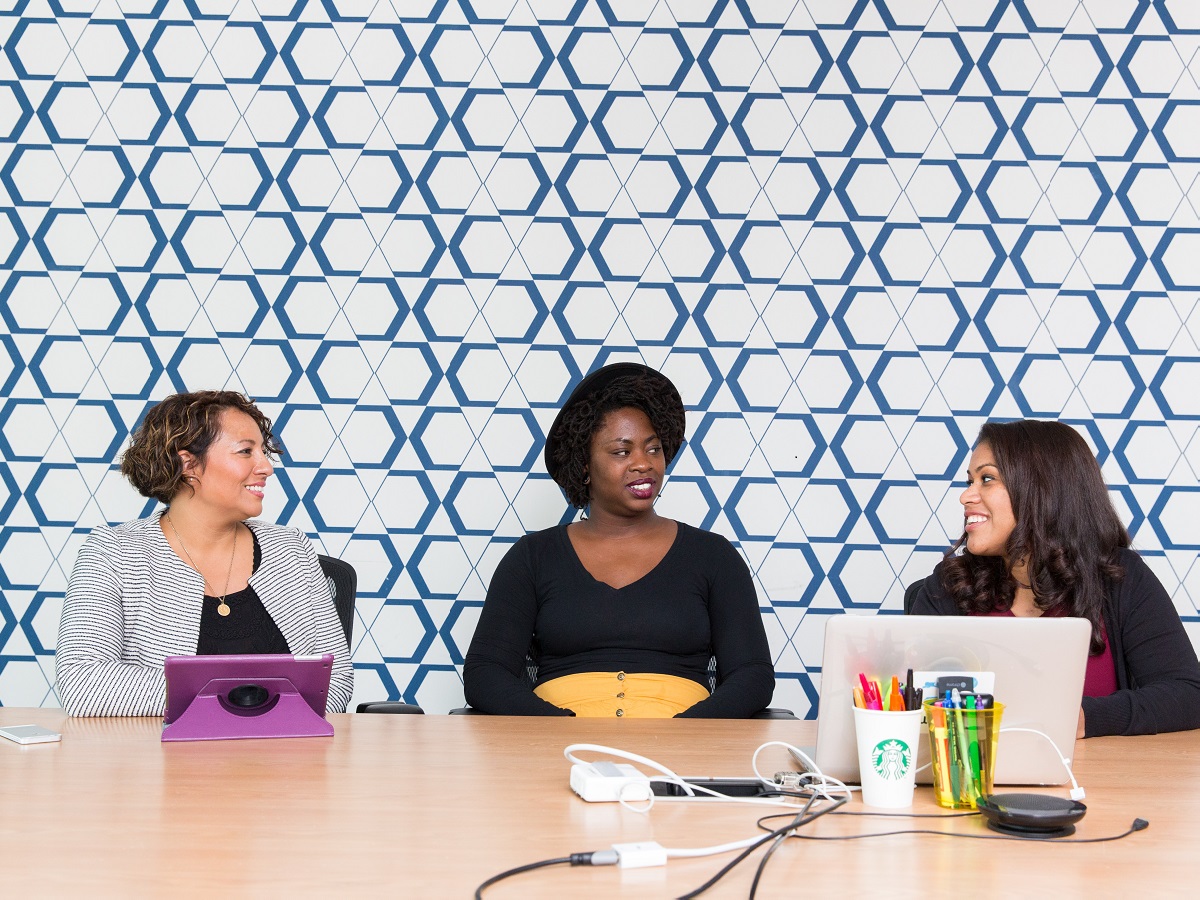While laws, policies and intentions are making great steps for gender equality, for International Women’s Day we’re joining the #Challenge, to help organisations be alert to what holds women’s careers back. Rosemary McLean shares what we see and hear in our strategic career development work.
Where do issues of gender come up in career development?
It’s a complex issue and doesn’t have one answer. If we think about the traditional measure of success as upward progression to senior positions, these are based on a view of what is required to operate at a higher level. This is where danger lies, because if this view contains any hidden bias against women, it influences the company culture and structures.
Often this starts with women not being given access to the opportunities and experiences that help them be ready. They may not have quite the right networks or opportunities, for example to relocate. The people responsible for appointment decisions can apply narrow criteria that exclude women, or hold subtle biases about the potential of women to succeed.
Matthew Parris in The Times made unfavourable comparisons between the female UK Shadow Chancellor Anneliese Dodds and previous postholders stating “they all had weight, intellect, conviction and muscle”. Intellect apart, these “successful” traits are all associated with masculinity.
At times women may hold themselves back because they don’t see role models – or underestimate their own abilities. Having said that, in many areas women are flourishing on their own terms as entrepreneurs or working for organisations that foster diversity at the top, though least progress is seen for women of colour.
What sort of biases do you see?
We help people understand and communicate their professional career brand, and we often hear women say they’re getting feedback that they are overly confident or aggressive. Their ambition and assertion is viewed negatively, but the same behaviour is viewed positively from a man. Stereotyping of all sorts hinders career potential. The energy it takes to call them out adds to the burden, exacerbating the label of aggressiveness unless done extremely carefully. Many choose not to ‘rock the boat’.
What barriers have you seen women face?
Inflexible working practices impact women who want to balance their career with parental responsibilities. This applies to men as well, but women still take a predominant role in childcare. During the pandemic year, the impact on women’s job losses has been widely reported. But we’ve yet to understand the detrimental impact of a whole year of fire-fighting on women’s career growth. As many juggled home-schooling and working for long periods, they simply haven’t had capacity to invest in their career development, mentoring, networking, growth experiences or self-promotion!
“It isn’t enough to do great work, it also needs to be visible and you need to be known, too.” Gill Whitty-Collins
In addition, a lack of female role models in some positions, and isolation in senior roles, means women operate in a male-dominant culture. They may have to supress themselves to fit. Or – conversely – their work, personality and appearance is spotlit, and subject to higher levels of scrutiny.
What 3 things would you recommend women do to benefit their careers?
- Find a mentor and a sponsor – a mentor is useful for experience and organisational politics. A sponsor will advocate for you, communicate your strengths and put your name forward for career-enhancing experiences.
- Foster supportive and positive networks – women-only networks do have a benefit. Research also shows a strong link between building your network and your overall career satisfaction.
- Beware imposter syndrome – Tulshyan and Burey make brilliant criticism of the need to ‘fix’ women. Self-doubt is felt by men and women. Rather than being left to sink or swim, it can be addressed with high-quality career development, empowering you to be bold in your career.
“Help employees channel healthy self-doubt into positive motivation, which is best fostered within a supportive work culture.” Ruchika Tulshyan and Jodi-Ann Burey
What 3 things can organisations do to support women in their careers?
- Take a forensic approach to career development – bias often co-exists with informality and assumptions. Where might implicit bias be hiding – in your organisation’s language around potential, required experiences, networks or informal opportunities? Our Career Strategy model can help kickstart that audit process. To paraphrase the IWD theme, “a challenged organisation is an alert organisation”.
- Promote Career Stories – showcase female role models in all roles, the experiences, decisions, and development routes they have taken.
- Offer strategic career development – programmes that equip women to get the right experiences, with sponsorship, have been particularly successful. But companies also need to ensure a male-dominated culture enables women to succeed at senior levels.
There’s much more to be said here, especially about the intersections of race and gender. But, by committing to address these barriers, we will take further steps towards genuine equality.
Give everyone the support they need to champion their career, with our pioneering online career development programme, Be Bold in Your Career.




